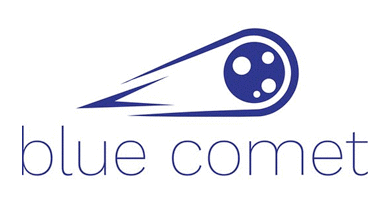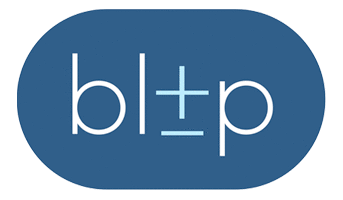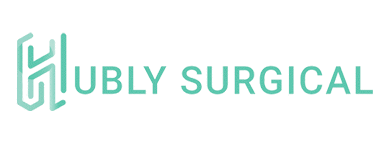Farley Teams are Semi-finalists at Rice University Business Plan Competition and One Brings Home Prize Money
Student startup Blue Comet Medical Solutions, born in Farley’s NUvention: Medical course, brought home $25,000 in prize money
Northwestern University’s Farley Center for Entrepreneurship and Innovation had a strong showing at this year’s Rice Business Plan Competition. Three Northwestern student teams with roots in the Farley Center competed in the competition. blip energy and Hubly Surgical made it to the semifinal round that included the top six teams from three different “flights,” and the at-home diagnostic solution startup Blue Comet Medical Solutions was awarded $25,000 in prize money.
In addition to receiving $25,000 from the Southwest National Pediatric Device Prize, the team also earned an additional $500 for the Mercury Fund Elevator Pitch Competition.
This was the latest milestone on a road of recognition for these three teams.
Blue Comet Medical Solutions
 Blue Comet offers an at-home diagnostic solution that tests for strep throat and may eventually use similar technology to breathalyzer tests used for drunk drivers. The now-one-year-old venture was conceived in an interdisciplinary Farley course called NUvention: Medical by Rashmi Babtiwale and Sara Jandeska, both soon-to-graduate MBA students.
Blue Comet offers an at-home diagnostic solution that tests for strep throat and may eventually use similar technology to breathalyzer tests used for drunk drivers. The now-one-year-old venture was conceived in an interdisciplinary Farley course called NUvention: Medical by Rashmi Babtiwale and Sara Jandeska, both soon-to-graduate MBA students.
“Sara is medical director of pediatric nephrology director at Rush University’s Children Hospital, so she sees a lot of kids with strep throat,” co-founder Babtiwale said. “Especially outside the US, strep can lead to kidney diseases. The prize money will go toward pre-seed funding that will enable us to optimize the technology of our test to bring it to parents and schools.”
“A hallmark of Farley classes is the opportunity to connect with the real world and learn by doing,” said Hayes Ferguson, Farley Center Director. “Blue Comet is a great example of the positive outcome of arming students with entrepreneurial skills and encouraging them to be creative problem-solvers, instead of just teaching them theory.”
blip energy
 blip began in a Farley NUvention: Energy course last winter out of a need to allow renters to buy into the green energy economy by storing energy in team-designed equipment when it is cheap.
blip began in a Farley NUvention: Energy course last winter out of a need to allow renters to buy into the green energy economy by storing energy in team-designed equipment when it is cheap.
Though they didn’t win the Rice Business Plan competition, Sophia Wennstedt, a second-year MBA student and blip CEO, said with the support of “individual angels on Zoom calls” and centers like The Garage, they’re over halfway to their pre-seed.
Hubly Surgical
 Casey Grage graduated from Northwestern’s Weinberg College of Arts and Sciences in 2019 with a degree in neuroscience and a new startup called Hubly Surgical, which originated in a NUvention: Medical class. Wanting to “get closer to directly impacting patient outcomes,” Grage founded the medical device company with Amit Ayer, an MBA recipient and at the time, the chief resident in the Department of Neurological Surgery at Northwestern Memorial Hospital. As a brain surgeon, Ayer identified a problem in the tool doctors have used for decades to drill into skulls — a hand-operated drill that cranks through bone. Together, he and Grage designed the first prototype for an improved cranial drill.
Casey Grage graduated from Northwestern’s Weinberg College of Arts and Sciences in 2019 with a degree in neuroscience and a new startup called Hubly Surgical, which originated in a NUvention: Medical class. Wanting to “get closer to directly impacting patient outcomes,” Grage founded the medical device company with Amit Ayer, an MBA recipient and at the time, the chief resident in the Department of Neurological Surgery at Northwestern Memorial Hospital. As a brain surgeon, Ayer identified a problem in the tool doctors have used for decades to drill into skulls — a hand-operated drill that cranks through bone. Together, he and Grage designed the first prototype for an improved cranial drill.
Hubly incorporated in May of 2019, but virtual pitch competitions have added a new layer of accessibility to each competition. Once the team meets its $1 million pre-seed, it will be able to apply for clearance from the Food and Drug Administration early next year.
“We’ve been going to a lot more competitions since things went virtual because you can just log onto your computer, pitch, and log off without the financial or temporal burdens traveling can pose,” Grage said.